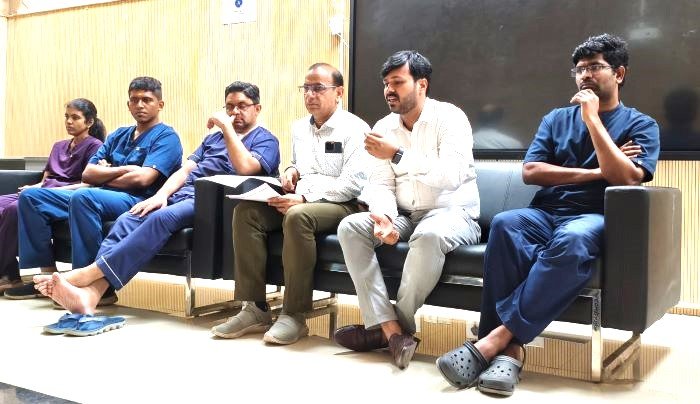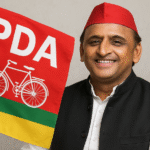
By Mohammad Tarique Saleem
King George’s Medical University (KGMU), one of India’s premier medical institutions, has reported a remarkable 10% reduction in the mortality rate among critically ill patients, largely due to the effective use of Precision Medicine in patient care. The announcement was made by Prof. Avinash Agarwal, Head of the Department of Critical Care Medicine at KGMU, during a press conference held on July 24 in Lucknow.
Prof. Agarwal explained that Precision Medicine, a personalized approach to treatment based on an individual’s genetics, environment, and lifestyle, has played a vital role in improving patient outcomes, particularly for those requiring immediate and short-term medical attention, also known as acute care patients. Over the past year, his department has applied this method to nearly 300 critically ill patients, observing not only improved recovery rates but also a significant reduction in fatalities.
Taking this advancement a step further, Prof. Agarwal revealed that KGMU will be introducing Therapeutic Drug Monitoring (TDM) by the end of December 2025. This cutting-edge system will allow physicians to accurately monitor and measure the impact of medications administered to ICU patients.
The real-time data obtained through TDM, especially via blood tests, will help doctors determine the exact effectiveness of a drug, enabling them to adjust dosages or switch treatments swiftly and effectively. “Therapeutic Drug Monitoring will be a game changer,” said Prof. Agarwal. “It will empower doctors to not only select the right drug but also to ensure it is working optimally with minimal side effects, especially in life-threatening situations.”
Dr. Shantanu, who also addressed the press, echoed this sentiment. He emphasized that while modern allopathic drugs are powerful, they often come with significant side effects. Precision Medicine allows physicians to tailor drug therapies in a way that maximizes benefit while minimizing adverse reactions. TDM, in this context, will act as a critical tool in identifying the best-suited antibiotics and other medicines for ICU patients, thereby making treatment more targeted and effective.
To further spread awareness and enhance skills in acute care, Prof. Agarwal announced the commencement of a three-day national workshop starting from July 25, organized by the Department of Critical Care Medicine. This workshop will focus on training doctors in the treatment of patients who need urgent medical care due to trauma, surgery, or severe illness.
The event will feature four workshops and will see participation from physicians across the country.
Among the distinguished attendees at the press conference were Dr. Suhail, Dr. Shrivats, Dr. Shraddha, and several other noted medical professionals. The initiative marks a significant step forward in India’s critical care landscape, highlighting KGMU’s continued commitment to medical innovation and patient-centered care.










